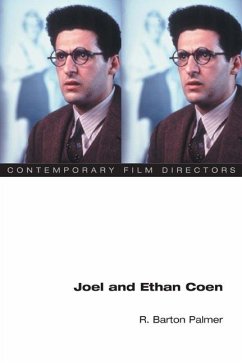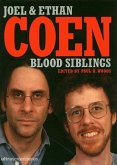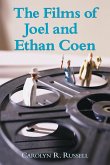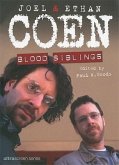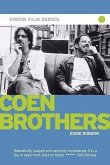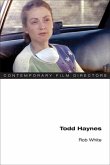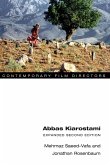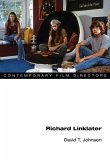With landmark films such as Fargo, O Brother Where art Thou?, Blood Simple, and Raising Arizona, the Coen brothers have achieved both critical and commercial success. Proving the existence of a viable market for "small" films that are also intellectually rewarding, their work has exploded generic conventions amid rich webs of transtextual references. In Joel and Ethan Coen, R. Barton Palmer argues that the Coen oeuvre also forms a central element in what might be called postmodernist filmmaking. Mixing high and low cultural sources and blurring genres like noir and comedy, the use of pastiche and anti-realist elements in films such as The Hudsucker Proxy and Barton Fink clearly fit the postmodernist paradigm. Palmer argues that for a full understanding of the Coen brothers unique position within film culture, it is important to see how they have developed a new type of text within general postmodernist practice that Palmer terms commercial/independent. Analyzing their substantial body of work from this "generic" framework is the central focus on this book.
Hinweis: Dieser Artikel kann nur an eine deutsche Lieferadresse ausgeliefert werden.
Hinweis: Dieser Artikel kann nur an eine deutsche Lieferadresse ausgeliefert werden.

